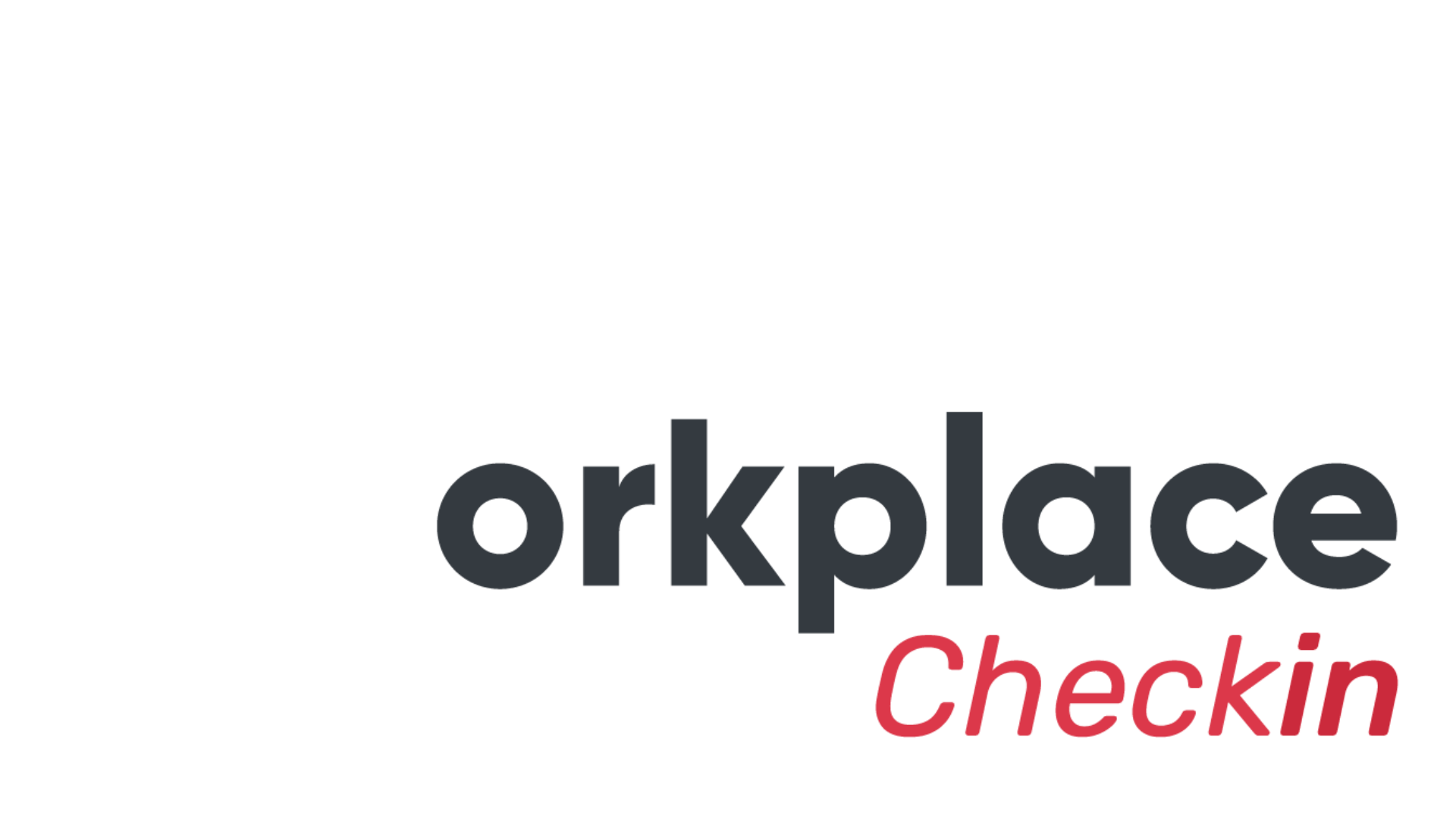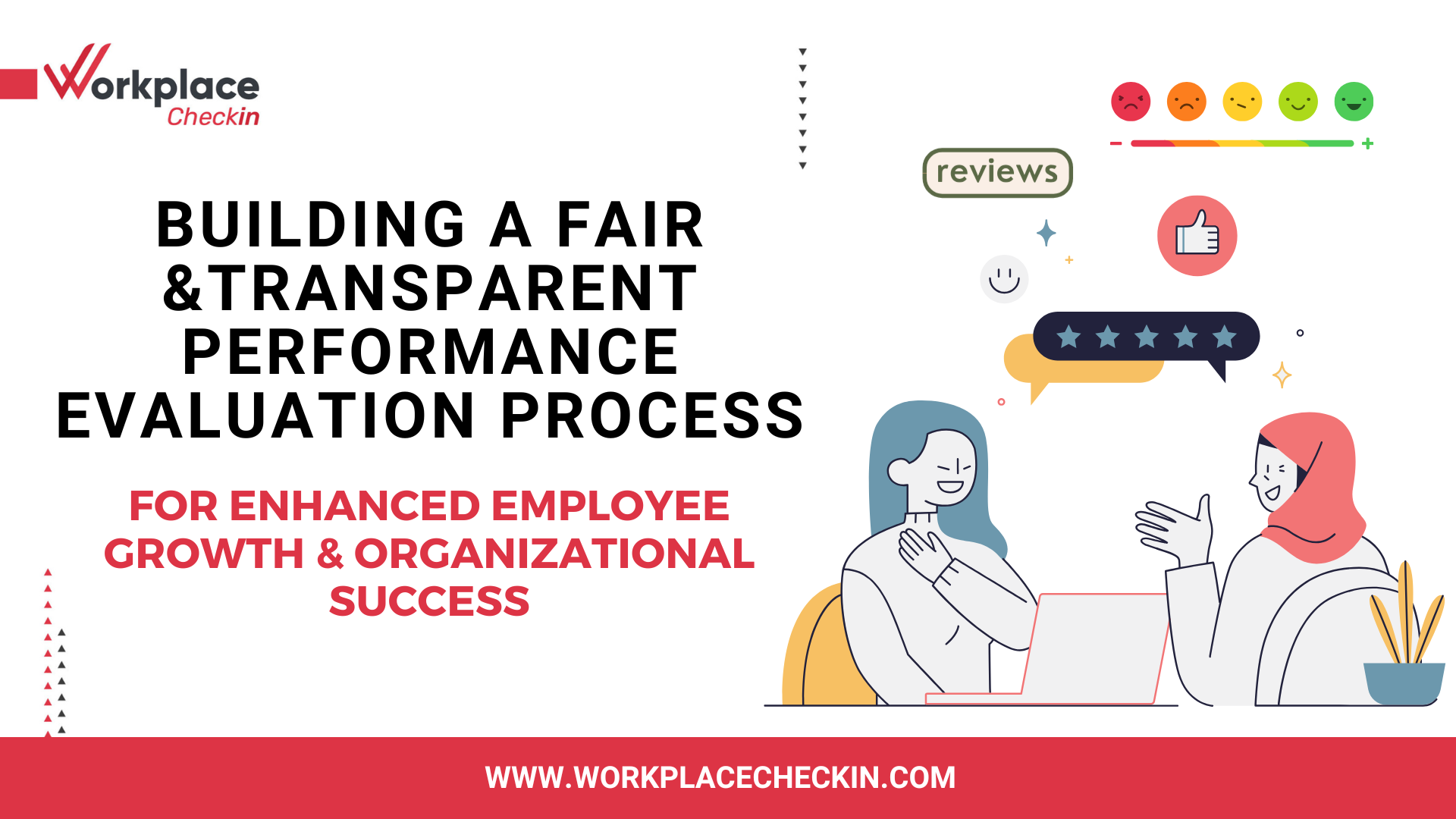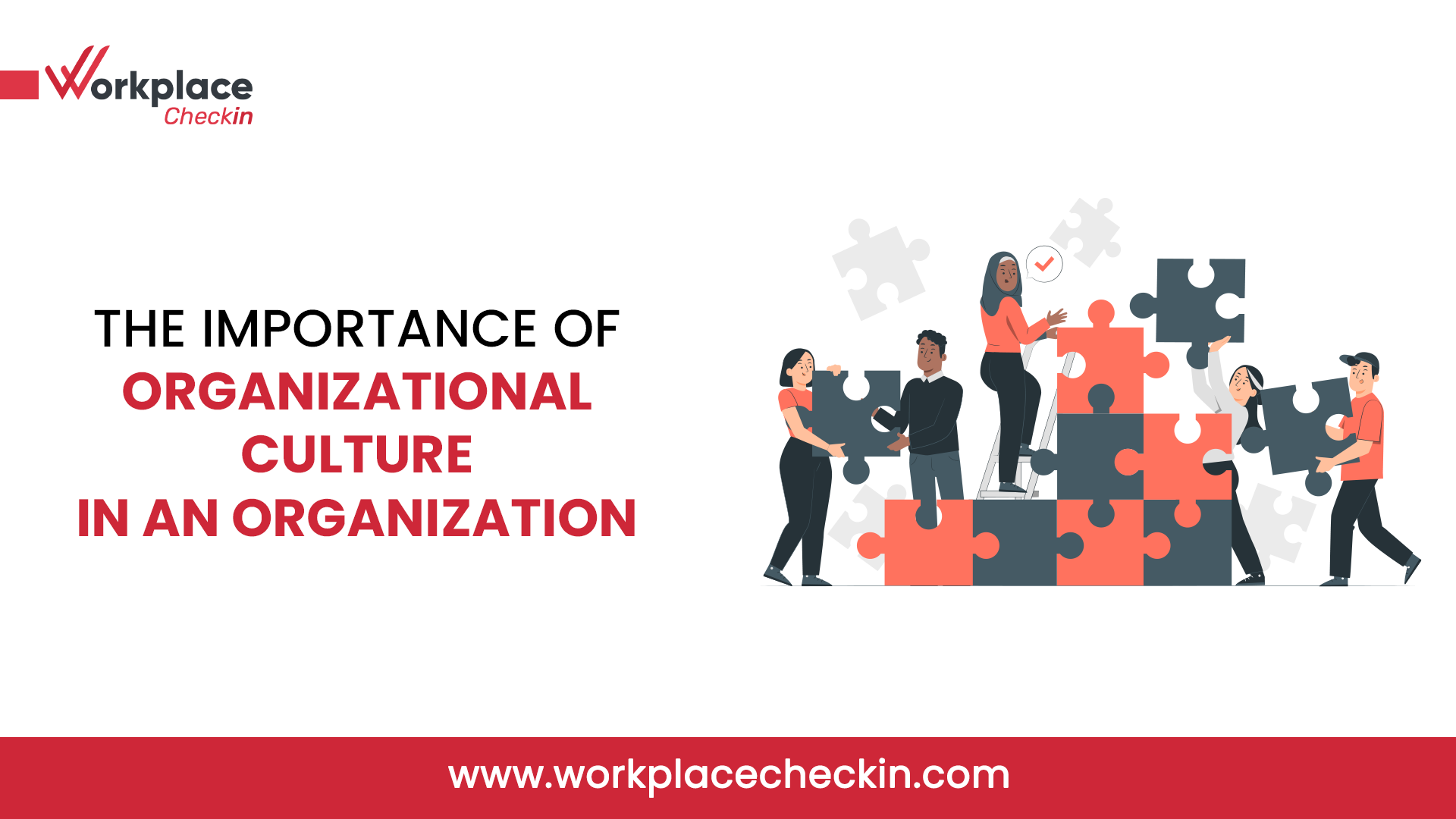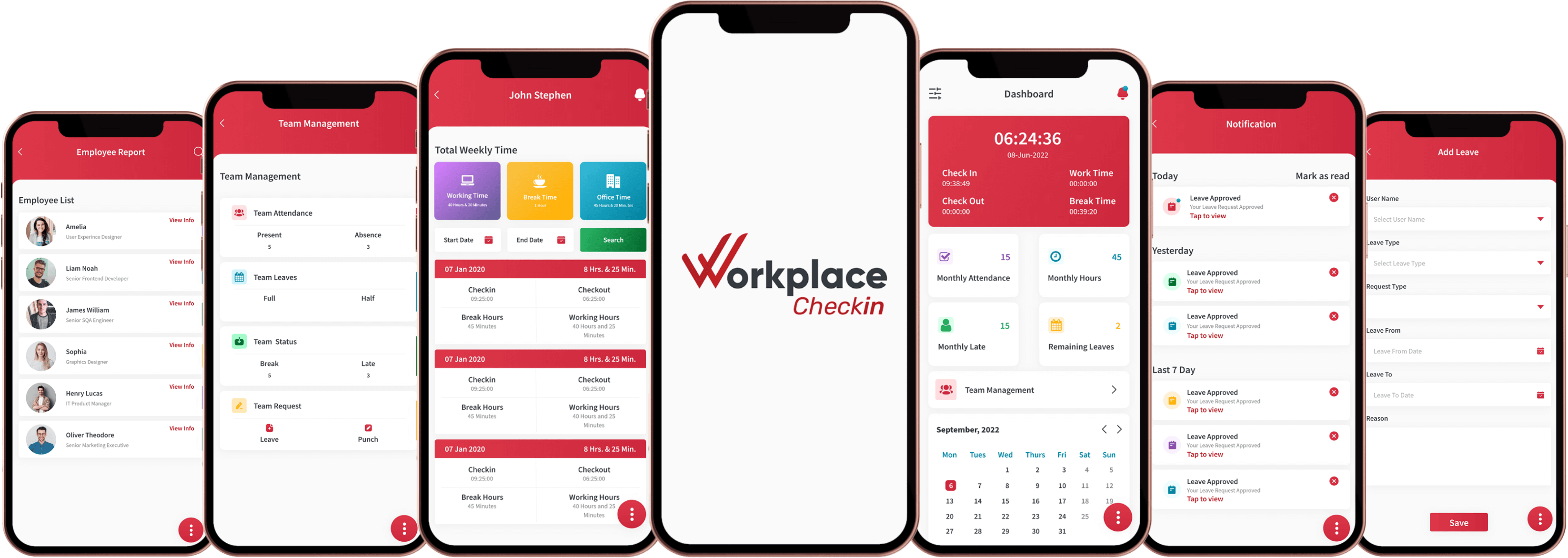

HR's Role in Sustainable Business Practices: Fostering Resilience Through Environmental and Social Responsibility
In the ever-evolving landscape of modern business, the notion of sustainability has transcended its status as a mere buzzword to become a cornerstone of corporate strategy. Beyond profitability, today's companies are increasingly expected to prioritize environmental and social responsibility as integral components of their operations. At the heart of this transformation lies the Human Resources (HR) function, playing a pivotal role in cultivating resilience through sustainable business practices.
Understanding Sustainability in Business:
Sustainability in business goes beyond traditional notions of profitability and growth. It encompasses a triple bottom line approach, considering not only economic factors but also social and environmental impacts.
Environmental Responsibility:
This aspect focuses on minimizing the organization's ecological footprint by reducing resource consumption, minimizing waste generation, and mitigating environmental degradation. Sustainable businesses strive to adopt practices such as energy efficiency, renewable energy adoption, waste reduction, and carbon footprint reduction.
Social Responsibility:
Beyond economic considerations, sustainable businesses prioritize the well-being of society. This includes fair labor practices, respect for human rights, diversity and inclusion initiatives, and community engagement. Socially responsible companies invest in their employees' development, prioritize workplace safety and health, and contribute positively to the communities in which they operate.
Economic Viability:
While environmental and social responsibility are crucial, sustainable businesses also prioritize economic viability. This involves making sound financial decisions that consider long-term implications and balancing short-term profitability with long-term sustainability. Sustainable businesses understand that economic success is intertwined with environmental and social well-being, and strive for profitability while minimizing negative impacts on people and the planet.

The Intersection of HR and Sustainability:
Human Resources (HR) plays a pivotal role in driving sustainability initiatives within organizations. By leveraging its influence across various facets of the business, HR can effectively integrate sustainability into the organizational culture and operations.
Talent Management:
HR is responsible for attracting, retaining, and developing talent within the organization. By incorporating sustainability values into recruitment, HR can attract candidates who align with the company's sustainability goals. Moreover, HR can develop training programs to educate employees about sustainability practices and empower them to contribute to environmental and social responsibility efforts.
Culture and Employee Engagement:
HR is instrumental in fostering a culture of sustainability within the organization. By promoting sustainability initiatives, encouraging employee participation in environmental and social activities, and recognizing contributions to sustainability, HR can create a sense of purpose and collective responsibility among employees. Engaged employees are more likely to embrace sustainability goals and actively contribute to their achievement.
Performance Management:
HR can integrate sustainability metrics into performance evaluations and incentive structures to reinforce desired behaviors and outcomes. By setting sustainability goals and holding employees accountable for their achievement, HR ensures that sustainability remains a priority across all levels of the organization. Additionally, HR can provide feedback and support to employees to help them improve their sustainability performance over time.
Stakeholder Engagement:
Effective stakeholder engagement is essential for advancing sustainability goals. HR can facilitate communication and collaboration with external stakeholders, including suppliers, customers, investors, and community groups. By building strong relationships and partnerships, HR ensures that the organization's sustainability efforts are aligned with stakeholder expectations and contribute to positive social and environmental outcomes.
Learning and Development:
HR plays a crucial role in providing learning and development opportunities related to sustainability. By offering training programs, workshops, and resources on sustainability topics, HR helps employees develop the knowledge, skills, and competencies needed to support sustainability initiatives. Continuous learning and development ensure that employees remain informed about emerging sustainability trends and best practices, enabling the organization to adapt and innovate in response to changing environmental and social challenges.
1. Talent Acquisition and Management:
Talent acquisition and management are critical functions within HR that directly impact an organization's ability to integrate sustainability into its workforce.

Recruitment Strategies:
HR professionals can incorporate sustainability criteria into job descriptions and recruitment processes. This involves seeking candidates who not only possess the requisite skills and qualifications but also demonstrate a commitment to environmental and social responsibility. For example, job postings can highlight the company's sustainability initiatives and values, attracting candidates who share similar values and are passionate about sustainability.
Candidate Assessment:
During the selection process, HR can assess candidates' alignment with sustainability goals through interviews, behavioral assessments, and reference checks. Questions about candidates' previous experiences with sustainability initiatives, their values regarding environmental and social responsibility, and their ability to contribute to sustainability efforts can help identify individuals who are well-suited for roles within a sustainable organization.
Onboarding and Integration:
Once hired, HR plays a key role in onboarding new employees and integrating them into the organization's sustainability culture. This involves providing information about the company's sustainability policies, initiatives, and expectations, as well as opportunities for employees to get involved in sustainability activities. By fostering a sense of purpose and belonging from the outset, HR sets the stage for new hires to become active participants in the organization's sustainability journey.
Performance Management:
Talent management also includes performance evaluations, career development, and succession planning. HR can incorporate sustainability goals and metrics into performance management processes, setting clear expectations for employees' contributions to sustainability efforts. By aligning performance incentives with sustainability outcomes, HR reinforces the importance of sustainability across all levels of the organization and encourages employees to prioritize sustainability in their roles.
2. Culture and Employee Engagement:
Organizational culture plays a crucial role in shaping employee attitudes, behaviors, and performance. HR plays a central role in fostering a culture of sustainability and promoting employee engagement in sustainability initiatives.

Leadership Commitment:
HR can work closely with organizational leaders to articulate a clear vision for sustainability and demonstrate commitment from the top down. When leaders prioritize sustainability, communicate its importance, and lead by example, employees are more likely to embrace sustainability values and integrate them into their work.
Communication and Education:
HR is responsible for communicating the organization's sustainability goals, initiatives, and progress to employees. This involves regular updates, newsletters, meetings, and training sessions focused on sustainability topics. By providing employees with information and resources, HR empowers them to understand the relevance of sustainability to their roles and make informed decisions that support sustainability objectives.
Employee Involvement:
Employee engagement is essential for driving sustainability outcomes. HR can encourage employee involvement in sustainability activities through volunteer programs, green teams, and cross-functional projects focused on sustainability. By providing opportunities for employees to contribute their skills, expertise, and ideas to sustainability initiatives, HR fosters a sense of ownership and pride in the organization's sustainability efforts.
Recognition and Rewards:
Recognizing and rewarding employees for their contributions to sustainability is a powerful way to reinforce desired behaviors and outcomes. HR can implement recognition programs, awards, and incentives that celebrate sustainability achievements and encourage continued engagement. By publicly acknowledging and rewarding employees who demonstrate leadership, innovation, and commitment to sustainability, HR reinforces the importance of sustainability within the organization and motivates others to follow suit.
3. Performance Management and Incentives:
Performance management is a crucial aspect of HR's role in driving sustainability within organizations. By integrating sustainability goals into performance management processes and aligning incentives with sustainability outcomes, HR can reinforce desired behaviors and outcomes related to environmental and social responsibility.

Setting Sustainability Goals:
HR can work with organizational leaders and relevant stakeholders to define clear and measurable sustainability goals that align with the organization's overall mission and values. These goals may include targets related to reducing environmental impacts, improving social performance, and enhancing corporate governance practices. By setting specific, achievable, and time-bound sustainability goals, HR provides employees with a clear roadmap for action and accountability.
Performance Evaluation:
HR can incorporate sustainability metrics into performance evaluations to assess employees' contributions to sustainability objectives. This may involve evaluating employees' performance based on their adherence to sustainability policies, their participation in sustainability initiatives, and their achievement of sustainability targets. By linking performance evaluations to sustainability outcomes, HR communicates the importance of sustainability to employees and holds them accountable for their contributions to sustainability efforts.
Feedback and Development:
Performance management also involves providing feedback and support to employees to help them improve their sustainability performance over time. HR can offer coaching, training, and development opportunities focused on sustainability topics to help employees enhance their knowledge, skills, and competencies in this area. By investing in employees' professional development and growth, HR ensures that the organization has a capable and motivated workforce capable of driving sustainability outcomes.
Incentives and Recognition:
HR can design incentive structures that reward employees for achieving sustainability goals and demonstrating exemplary performance in this area. This may include financial bonuses, promotions, or other forms of recognition for employees who make significant contributions to sustainability initiatives. By aligning incentives with sustainability outcomes, HR reinforces the organization's commitment to environmental and social responsibility and motivates employees to prioritize sustainability in their work.
4. Stakeholder Engagement and Partnerships:
Stakeholder engagement and partnerships are essential for advancing sustainability goals and building support for sustainability initiatives both within and outside the organization. HR plays a central role in facilitating communication, collaboration, and relationship-building with various stakeholders, including suppliers, customers, investors, and communities.

Identifying Stakeholders:
HR can work with cross-functional teams to identify key stakeholders who have an interest or influence in the organization's sustainability performance. This may involve conducting stakeholder mapping exercises to assess stakeholders' concerns, expectations, and potential impact on the organization's sustainability objectives.
Communication and Transparency:
HR can establish channels of communication to engage with stakeholders and provide them with timely and relevant information about the organization's sustainability efforts. This may include regular updates, reports, and disclosures on sustainability performance, as well as opportunities for stakeholders to provide feedback and input on sustainability initiatives.
Collaboration and Partnerships:
HR can facilitate collaboration and partnerships with stakeholders to co-create sustainable solutions and address shared challenges. This may involve forming strategic alliances, joint ventures, or partnerships with suppliers, customers, or other organizations to promote sustainability throughout the value chain. By leveraging the collective expertise, resources, and networks of stakeholders, HR can amplify the impact of sustainability initiatives and drive meaningful change at scale.
Community Engagement:
HR can engage with local communities to understand their needs and concerns and identify opportunities for mutually beneficial collaboration. This may involve supporting community development projects, volunteering initiatives, or philanthropic activities that contribute to social welfare and environmental conservation. By building trust and goodwill with local communities, HR enhances the organization's reputation and social license to operate, paving the way for long-term success and sustainability.
5. Learning and Development:
Continuous learning and development are essential for building the knowledge, skills, and capabilities needed to drive sustainability within organizations. HR plays a critical role in providing learning opportunities and development programs focused on sustainability topics.

Training and Education:
HR can develop training programs, workshops, and educational resources to raise awareness and build understanding of sustainability issues among employees. This may include topics such as climate change, biodiversity conservation, social equity, ethical sourcing, and corporate responsibility. By providing employees with access to relevant information and resources, HR empowers them to make informed decisions and take action to advance sustainability goals.
Skill-building and Capacity Development:
HR can offer skill-building opportunities and capacity development programs to help employees develop the competencies needed to integrate sustainability into their roles. This may involve training on sustainability reporting, stakeholder engagement, sustainable procurement, green building design, renewable energy technologies, or other specialized areas related to sustainability. By investing in employees' skills and capabilities, HR ensures that the organization has the expertise and talent necessary to drive sustainability outcomes effectively.
Leadership Development:
HR can provide leadership development programs that emphasize the importance of sustainability leadership and equip leaders with the knowledge, skills, and mindset needed to champion sustainability within their teams and across the organization. This may involve coaching, mentoring, and peer learning opportunities focused on sustainability leadership competencies, such as vision-setting, strategic thinking, stakeholder engagement, and change management. By developing a cadre of sustainability leaders, HR fosters a culture of sustainability and ensures that sustainability remains a priority at all levels of the organization.
Knowledge Sharing and Collaboration:
HR can facilitate knowledge sharing and collaboration among employees to promote continuous learning and innovation in sustainability. This may involve creating communities of practice, organizing cross-functional workshops, or hosting internal conferences focused on sustainability topics. By providing platforms for employees to exchange ideas, share best practices, and collaborate on sustainability initiatives, HR fosters a culture of learning and innovation that drives continuous improvement in sustainability performance.
Conclusion
In a rapidly changing world, resilience is the hallmark of sustainable business practices. By embracing environmental and social responsibility, organizations not only mitigate risks but also seize opportunities for innovation, growth, and long-term value creation. HR's role in this journey is indispensable, serving as a catalyst for change and a steward of organizational culture. By championing sustainability within the workforce, HR empowers employees to become agents of positive change and contributes to building a more sustainable future for all.
In essence, fostering resilience through environmental and social responsibility isn't just an option—it's a necessity for organizations seeking to thrive in the 21st century and beyond. And with HR at the helm, driving the agenda for sustainable business practices, the journey towards a more sustainable and resilient future becomes not just a possibility, but a reality worth striving for.






